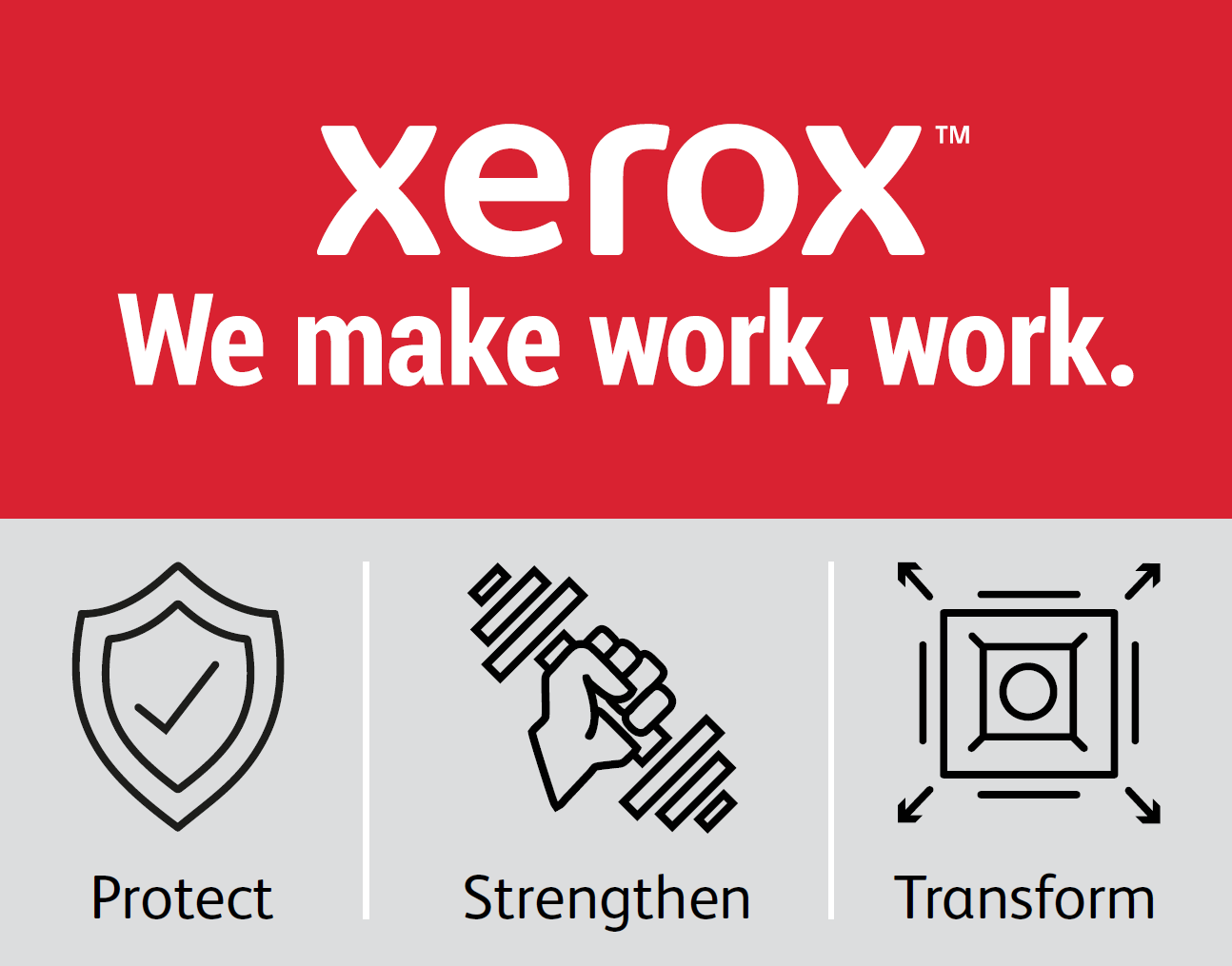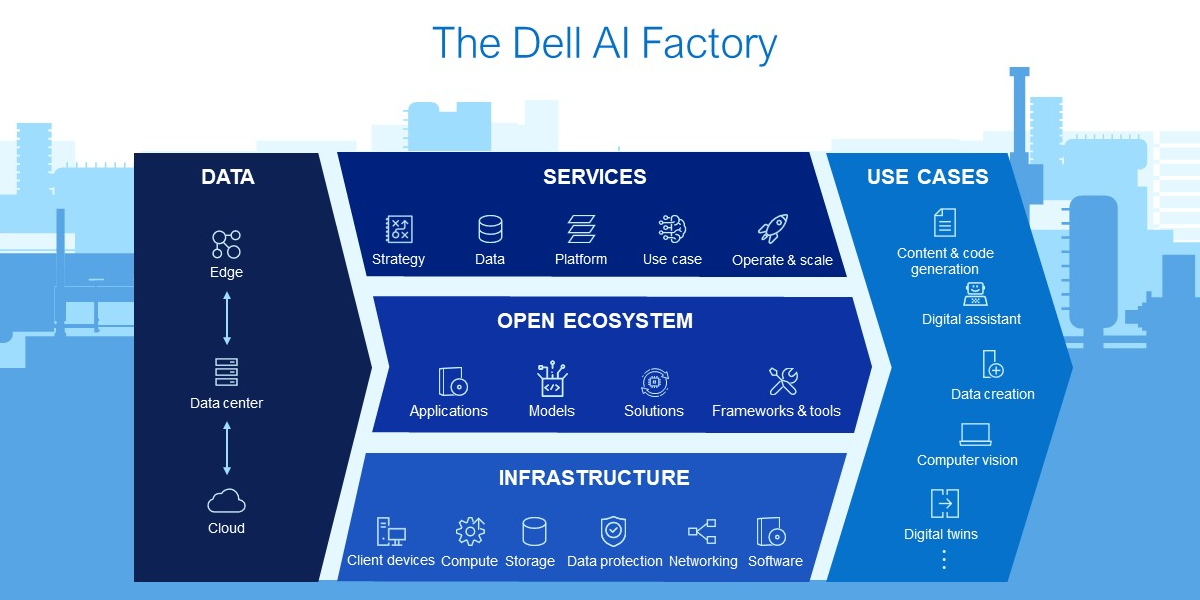Xerox, synonymous with photocopying, has embarked on a bold transformation to remain relevant in the digital age. From its humble beginnings as a copier manufacturer to its status as a diversified technology services company, Xerox's journey is a testament to its resilience and adaptability. Groundbreaking innovations punctuate Xerox's history. The introduction of the plain paper copier in the 1950s revolutionized document reproduction, and the company's subsequent development of the graphical user interface (GUI) and computer mouse laid the foundation for modern computing. The laser printer, another Xerox invention, further cemented its position as a technology pioneer. However, the rise of digital technology and the decline of traditional printing posed significant challenges to the company. Xerox began a strategic shift towards IT Services with the 2010 acquisition of Affiliated Computer Services (ACS), rebranded as “Conduent” and spun off as a separate business services division in 2016. The COVID-19 pandemic accelerated the shift towards remote work and digital document management. While Xerox saw a decline in traditional office printing, it also identified new opportunities in emerging segments, demonstrating its agility and forward-thinking approach, which should give us all optimism about its future.
It was my great pleasure to speak with John G. Bruno, Xerox's President and Chief Operating Officer. The conversation covered a broad array of subjects, focusing on Xerox's strategy for Reinvention.
The traditional office environment has undergone a seismic shift with the rise of remote and hybrid work models. Once synonymous with physical document management, Xerox is adapting to this new reality by strategically balancing the preservation of its core print business with a bold venture into Digital Services and IT Services. While print remains a critical component of Xerox's operations, the company recognizes the growing demand for digital tools. It is investing heavily in technologies that can extract value from documents in a digital format.
Xerox's foray into digital services is driven by the understanding that information is increasingly digitized. The company is developing services to capture, process, and analyze content from various sources, including physical documents. By doing so, Xerox aims to position itself as a trusted partner for businesses seeking to optimize their document workflows and extract valuable insights from their data.
Furthermore, Xerox is expanding its service offerings to include IT services, particularly for small and medium-sized businesses. By providing a comprehensive suite of IT services, including managed security and cloud solutions, Xerox is addressing the growing technology needs of this market segment. This strategic move diversifies the company's revenue streams and strengthens client relationships. In essence, Xerox is evolving from a hardware-centric company to a technology-driven organization that empowers businesses to navigate the digital landscape.
The company's Reinvention strategy is threefold. This three-pronged approach demonstrates Xerox's commitment to preserving its core print business, simplifying its operations to improve the client and employee experience, and capitalizing on the opportunities presented by the digital revolution.
- Strengthening the Core Print Business:
Xerox aims to maintain its leadership in the print industry by focusing on efficiency and productivity, reducing costs, and capturing growing segments like home office printing and production print. Despite the rise of digital platforms, print remains a significant market, and Xerox is determined to solidify its position as a leader in this space. As remote work and hybrid work models become the norm, the demand for home printers is expected to rise. Xerox is positioning itself to capitalize on this trend by offering high-quality, user-friendly printers to address the evolving needs of hybrid workers. On the other end of the spectrum, Xerox also focuses on production print. This segment caters to businesses with high-volume printing needs, such as publishing houses, advertising agencies, and direct mail companies. Xerox aims to increase its market share in this lucrative sector by investing in advanced printing technologies and workflow solutions.
- Driving Efficiency and Growth through Global Business Services:
A key component of the Xerox Reinvention is the formation of a new Global Business Services organization. By centralizing internal processes and leveraging shared capabilities, Xerox aims to simplify operations, reduce costs, and improve the overall client and employee experience. This, in turn, frees up resources for investment in growth areas, such as emerging technologies and digital services. As Xerox continues to evolve, the Global Business Services organization will play a pivotal role in ensuring the company's long-term success.
- Expanding into Digital Services and IT Services:
Recognizing the digital transformation, Xerox is investing heavily in digital services, including intelligent document processing, content management, and data capture. The company also sees significant potential in IT services, particularly for small and medium-sized businesses. Recognizing the inevitable shift towards digitalization, Xerox is increasingly investing in digital services. At the heart of this strategy is intelligent document processing, which involves extracting valuable information from physical and digital documents. This technology is crucial for businesses looking to automate workflows, improve efficiency, and gain insights from their data. In addition to document processing, Xerox is focusing on customer engagement services, whereby Xerox helps companies utilize proprietary content to more effectively target and communicate with their customers, even designing and implementing omnichannel marketing campaigns. Xerox entered the IT services market to expand its digital footprint, particularly targeting small and medium-sized businesses (SMBs). By offering a range of IT services, including managed security, cloud solutions, and technical support, Xerox aims to become a one-stop shop for SMBs' technology needs.




















